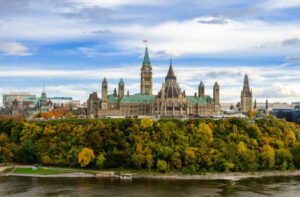Authored by Amit Vinayak, Barrister & Solicitor, Law Society of Ontario, Member of CILA
For many Canadian citizens and permanent residents, the dream of reuniting with their parents and grandparents in Canada is a powerful one. While the Parents and Grandparents Program (PGP) offers a direct route to permanent residency, its competitive nature means that not everyone will be selected. Fortunately, other avenues exist for family members seeking to join their loved ones in Canada, including the Super Visa program and applications based on Humanitarian and Compassionate (H&C) grounds. Understanding these pathways and their implications, particularly for healthcare coverage in Ontario, is crucial for successful family reunification.
The Parents and Grandparents Program (PGP)
The Parents and Grandparents Program is a popular immigration stream that allows Canadian citizens and permanent residents to sponsor their parents and grandparents for permanent residency in Canada. The program typically opens for intake once a year and operates through a multi-step process:
- Expression of Interest: Eligible sponsors must first submit an “interest to sponsor” form online. This form is not always open; for instance, it was last available from October 13, 2020, to November 3.
- Random Selection and Invitation: After the submission period closes, Immigration, Refugees and Citizenship Canada (IRCC) reviews the forms, removes duplicates, and then randomly selects and invites potential sponsors to apply. Invitations are sent via email, and their status is posted on the IRCC website. Notably, starting July 28, 2025, IRCC plans to invite potential sponsors from the remaining pool of interest to sponsor forms submitted in 2020.
- Application Submission: If invited, sponsors must submit a complete application package, including required forms and supporting documents, by the specified deadline. It is critical not to prepare an application unless an invitation has been received, as uninvited applications will be returned without processing.
Alternative Pathways for Family Reunification
When the PGP is not an option, or if an application is unsuccessful, other pathways may be available:
- Humanitarian and Compassionate (H&C) Grounds
For individuals who do not meet the requirements of other immigration programs, an application for permanent residence on Humanitarian and Compassionate grounds may be considered. IRCC’s regulations include provisions for “humanitarian and compassionate considerations”. These applications are assessed on a case-by-case basis, taking into account various factors related to the applicant’s circumstances in Canada. For example, an individual might apply for permanent residency on H&C grounds multiple times, with applications remaining under review for extended periods (L. V. v Ontario (Health Insurance Plan), 2019 CanLII 99969 (ON HSARB), [10]).
It is important to note that simply submitting an H&C application does not automatically grant access to provincial services like the Ontario Health Insurance Plan (OHIP). For OHIP eligibility, IRCC must confirm that the applicant meets the eligibility requirements for permanent residency, and the application must not have been denied. The Health Services Appeal and Review Board has affirmed that it cannot declare a person eligible for health insurance coverage based on compassion or financial hardship if the regulatory requirements are not met (L. V. v Ontario (Health Insurance Plan), [30], [44]).
- The Super Visa Program
The Super Visa is a multi-entry visa designed for parents and grandparents of Canadian citizens and permanent residents, allowing them to visit Canada for extended periods, typically up to five years per entry, with the possibility of extension. To be eligible, applicants must be the parents or grandparents of a Canadian citizen or permanent resident and meet other specific requirements.
A key aspect of the Super Visa is the requirement for private health insurance. Super Visa holders are generally not eligible for provincial health insurance plans like OHIP. For instance, individuals residing in Ontario on a Super Visa are required to have private healthcare coverage. Attempts by Super Visa holders to register for OHIP have been denied when they did not meet the specific eligibility requirements for permanent residency applicants, particularly lacking confirmation from IRCC regarding their eligibility for permanent residency (Johnson v Ontario (Health Insurance Plan), [11], [59]).
OHIP Eligibility for Permanent Residency Applicants in Ontario
For those applying for permanent residency in Canada, particularly under the PGP or H&C grounds, understanding OHIP eligibility in Ontario is crucial. Ontario’s Regulation 552 strictly defines who is considered a “resident” for health insurance purposes (Ghosh v Ontario (Health Insurance Plan), 2021 CanLII 95123 (ON HSARB), [35]).
A person may be considered to have an OHIP-eligible immigration status if they have submitted an application for permanent residence in Canada, provided that IRCC has confirmed they meet the eligibility requirements to apply for permanent residency, and the application has not yet been denied. However, merely having a sponsor approved by IRCC does not equate to the applicant themselves meeting the eligibility requirements for permanent residency in Canada. The distinction between a sponsor’s eligibility and an applicant’s eligibility is significant for OHIP purposes (Ghosh v Ontario (Health Insurance Plan).
Ontario’s Health Services Appeal and Review Board has consistently ruled that neither the Health Insurance Act nor Regulation 552 allows for discretion to grant OHIP eligibility based on compassion, humanitarian considerations, or financial hardship (L. V. v Ontario (Health Insurance Plan), [30], [44]; Ghosh v Ontario (Health Insurance Plan), [42], [53]; Johnson v Ontario (Health Insurance Plan), [46], [56]). While temporary funding for medically necessary hospital and limited community-based physician services may be available for uninsured Ontario residents, this is not a substitute for OHIP coverage (Johnson v Ontario (Health Insurance Plan), [57]).
Navigating Canadian immigration pathways for parents and grandparents can be complex. Given the specific requirements for each program and the strict criteria for provincial services like OHIP, it is advisable to thoroughly understand all conditions and implications before proceeding with any application.
About the Author:
Amit Vinayak
Barrister & Solicitor
Partner, MDVD Lawyers LLP
LSO # 82057U
Disclaimer:
The content provided in this article is intended for general informational purposes only and does not constitute legal advice. Readers should not act upon any information contained herein without first seeking appropriate legal or professional counsel based on their individual circumstances. The author and the publisher disclaim any liability in connection with the use of this information.



